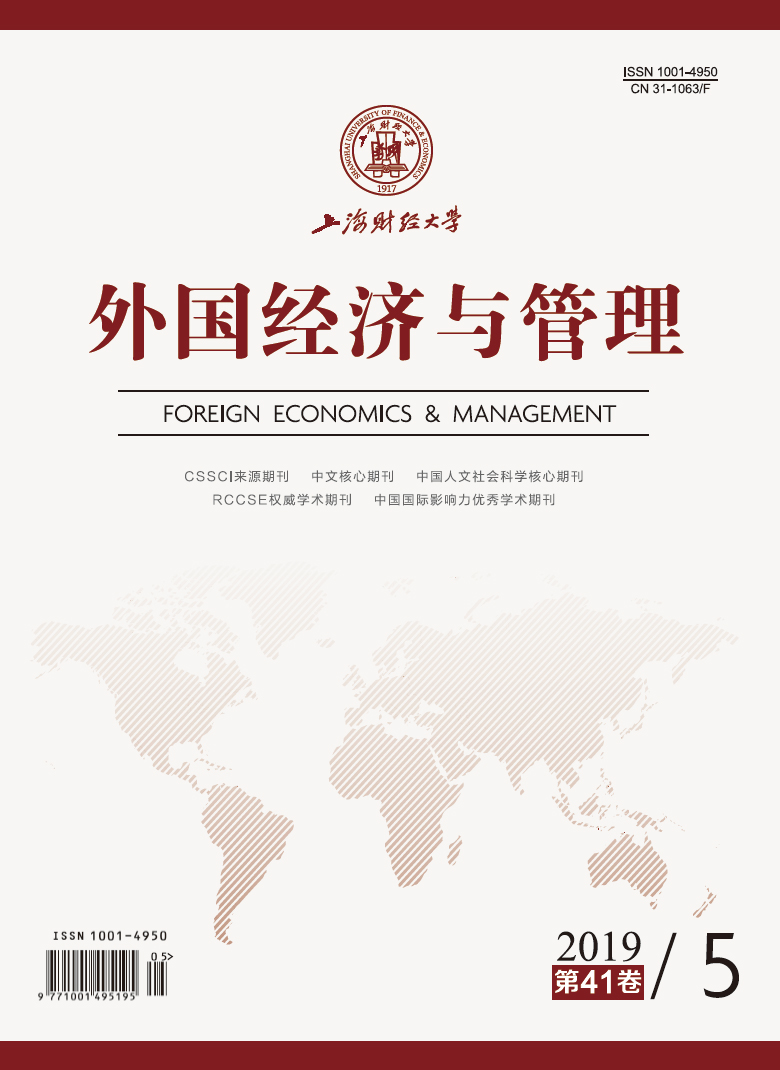不同于亲组织行为、利他行为和主动性行为,组织中的亲社会行为(prosocial behavior)指个人为促进或保护他人、团队、组织福祉所采取的行为,具体包括亲社会组织行为、组织公民行为、指导、知识共享等。基于量表与实验测量的独立研究和多样本元分析发现:亲社会行为不仅有利于员工职业成功,改善工作态度和工作绩效,而且还能促进组织创新、降低员工流失率、提升组织有效性;而影响亲社会行为的因素则有个人特质、领导风格、同事因素、工作设计等。本文构建了亲社会行为循环管理机制,并提出未来理论研究应侧重亲社会行为的测量工具、影响机制、非线性影响、本土研究;而管理实践应重点关注亲社会行为的识别、评估与干预。
组织中的亲社会行为研究述评与展望
摘要
参考文献
6 吴士健, 孙专专, 刘新民. 知识治理、组织学习影响组织创造力的多重中介效应研究[J]. 中国软科学,2017, (6): 174-183. DOI:10.3969/j.issn.1002-9753.2017.06.017
9 胥兴春, 李贞珍. 感恩与亲社会行为关系研究述评及展望[J]. 心理研究,2016, (2): 3-8. DOI:10.3969/j.issn.2095-1159.2016.02.001
10 Bolino M C, Grant A M. The bright side of being prosocial at work, and the dark side, too: A review and agenda for research on other-oriented motives, behavior, and Impact in Organizations[J]. The Academy of Management Annals,2016, 10(1): 599-670. DOI:10.5465/19416520.2016.1153260
11 Chancellor J, Margolis S, Jacobs Bao K, et al. Everyday prosociality in the workplace: The reinforcing benefits of giving, getting, and glimpsing[J]. Emotion,2018, 18(4): 507-517. DOI:10.1037/emo0000321
12 Cheng J W, Seih Y T, Hung C Z, et al. Voice behavior and career success: The moderating role of supervisor attribution motives[J]. Universal Journal of Psychology,2016, 4(4): 209-214. DOI:10.13189/ujp.2016.040406
13 Choudhary S, Ismail A, Hanif R. Individual compassion leading to employees’ performance: An empirical study from Pakistan[J]. Journal of Management and Research,2017, 4(1): 114-148. DOI:10.29145/jmr
14 Gerke A, Dickson G, Desbordes M, et al. The role of interorganizational citizenship behaviors in the innovation process[J]. Journal of Business Research,2017, 73: 55-64. DOI:10.1016/j.jbusres.2016.12.005
15 Habashi M M, Graziano W G, Hoover A E. Searching for the prosocial personality: A big five approach to linking personality and prosocial behavior[J]. Personality and Social Psychology Bulletin,2016, 42(9): 1177-1192. DOI:10.1177/0146167216652859
16 He W, Zhou R Y, Long L R, et al. Self-sacrificial leadership and followers’ affiliative and challenging citizenship behaviors: A relational self-concept based study in China[J]. Management and Organization Review,2018, 14(1): 105-133. DOI:10.1017/mor.2017.9
17 Henttonen K, Kianto A, Ritala P. Knowledge sharing and individual work performance: An empirical study of a public sector organisation[J]. Journal of Knowledge Management,2016, 20(4): 749-768. DOI:10.1108/JKM-10-2015-0414
18 Jiang Z, Hu X W. Knowledge sharing and life satisfaction: The roles of colleague relationships and gender[J]. Social Indicators Research,2016, 126(1): 379-394. DOI:10.1007/s11205-015-0886-9
19 Kline R, Bankert A, Levitan L, et al. Personality and prosocial behavior: A multilevel meta-analysis[J]. Political Science Research and Methods,2019, 7(1): 125-142. DOI:10.1017/psrm.2017.14
20 Koopman J, Lanaj K, Scott B A. Integrating the bright and dark sides of OCB: A daily investigation of the benefits and costs of helping others[J]. Academy of Management Journal,2016, 59(2): 414-435. DOI:10.5465/amj.2014.0262
21 Mok A, De Cremer D. The bonding effect of money in the workplace: Priming money weakens the negative relationship between ostracism and prosocial behaviour[J]. European Journal of Work and Organizational Psychology,2016, 25(2): 272-286. DOI:10.1080/1359432X.2015.1051038
22 Park J H, Newman A, Zhang L L, et al. Mentoring functions and turnover intention: The mediating role of perceived organizational support[J]. The International Journal of Human Resource Management,2016, 27(11): 1173-1191. DOI:10.1080/09585192.2015.1062038
23 Shah N P, Cross R, Levin D Z. Performance benefits from providing assistance in networks: Relationships that generate learning[J]. Journal of Management,2018, 44(2): 412-444. DOI:10.1177/0149206315584822
24 Wesche J S, Teichmann E. Status matters: The moderating role of perceived newcomer status in leader and coworker influences on challenging organizational citizenship behaviour[J]. German Journal of Human Resource Management: Zeitschrift Für Personalforschung,2016, 30(3-4): 267-286. DOI:10.1177/2397002216649898
引用本文
彭小平, 田喜洲, 郭小东. 组织中的亲社会行为研究述评与展望[J]. 外国经济与管理, 2019, 41(5): 114-127.
导出参考文献,格式为:






 7022
7022  9284
9284

